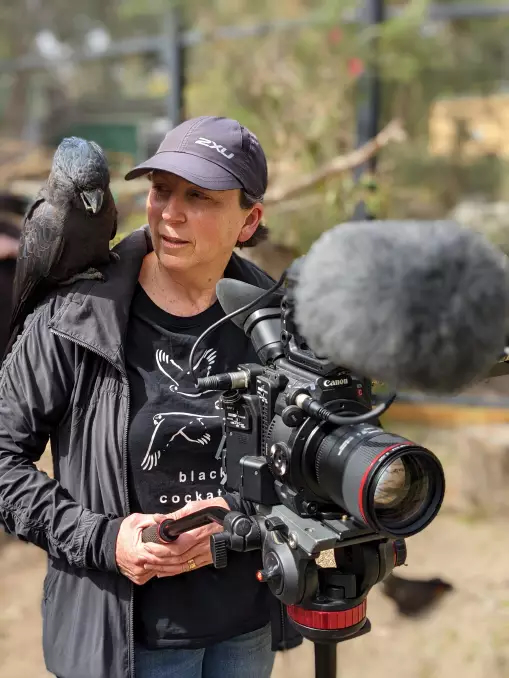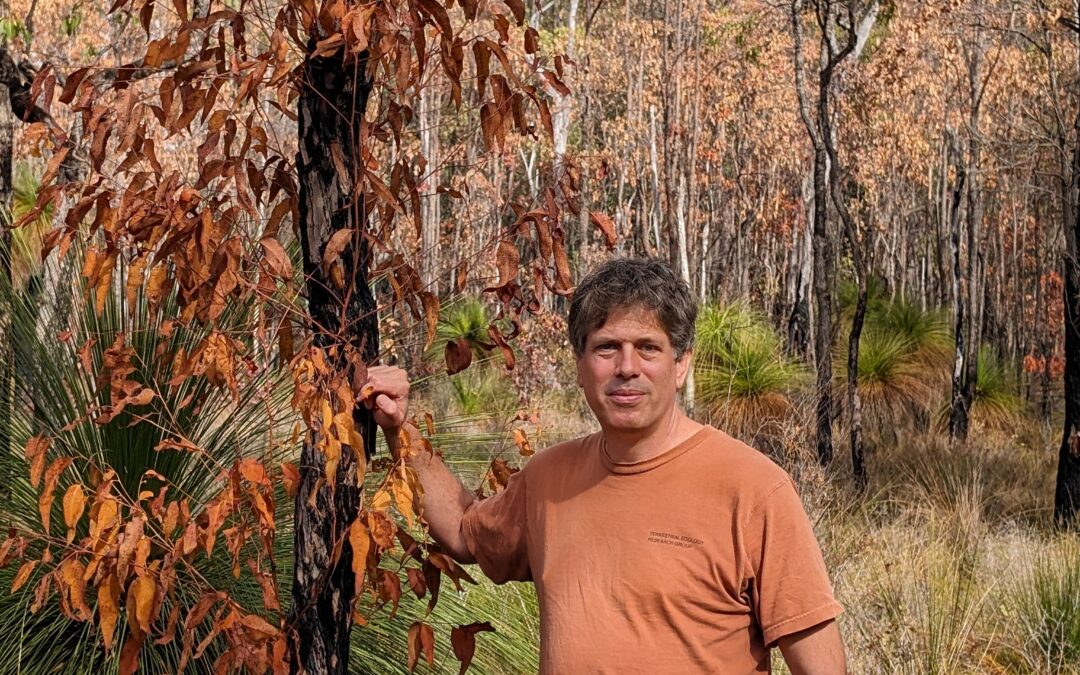Everyone who cares for our wildlife and bush is urged to come along to Nature Conservation Margaret River Region’s next Environmental Sundowner Series event on October 1.
It is the ninth in the series and the second of a two-part special called Facing the Big Dry. The first part looked at water, streams and rivers in our drying climate, with three expert speakers and a lively audience Q&A as well as tips for how each one of us can make a difference.
The second part coming to the Margaret River HEART on October 1 builds on the theme and will take an in-depth look at the effects of our drying climate on flora and fauna. Tickets are $15 for Nature Conservation members and $25 for non-members including a free drink and canapes, and can be booked HERE.
While winter rains are falling now, during summer and autumn the region endured its driest and hottest 7-month period on record. Huge swathes of vegetation died off in what was dubbed the “great browning”, taking a heavy toll on wildlife, trees and plants.
Three expert speakers in their field will share their insights on the night, followed again by an audience Q&A session as the community has the chance to quiz the experts.
Already confirmed for the sundowner is Murdoch University researcher and forestry sciences expert Dr Joe Fontaine (pictured, above). He specialises in disturbance ecology and how major disturbances like fire or drought affect an ecosystem’s ability to recover. He compares browning events on land to mass bleaching of marine reefs which – as they become more frequent – wipe out coral reefs before they have time to recover.
Joining the Q&A panel will be award-winning independent documentary filmmaker and freelance journalist Jane Hammond, whose current project titled Browned Off tells the story of the mass vegetation die-off across the South-West during last summer and autumn.

Jane Hammond will be part of Nature Conservation’s next sundowner on flora and fauna in our drying climate
Nature Conservation biodiversity officer Cass Jury said the sundowner was a timely opportunity for the community to learn more about “how best to support stressed vegetation and manage areas with dead trees”. “Dead trees are a vital part of forest ecosystems, and the best approach is to avoid disturbance in areas that have experienced drought stress and die-off such as granite communities and coastal heath,” she says. “Disturbance such as removing the dead vegetation will hamper recovery and reduce habitat values of the area.”
Nature Conservation ’s sundowner series organiser Jodie Passmore said the evening would be a fantastic opportunity for the community to learn more, be informed and ask questions from leading experts about our water future in a drying climate and its impact on our beloved flora and fauna.
This event is possible thanks to the Shire of Augusta-Margaret River, along with generous sponsorship from the Margaret River Wine Association.

